Culture & Lifestyle
My podcast picks: Marty Logan
Other shows have perhaps invested as much into their work, but I single out In the Dark because few have had the impact this series ultimately did.
Post Report
Logan is a journalist, content creator, editor and host of the podcast, ‘Nepal Now’. Originally from Canada, he has lived in Nepal for a total of 11 years.
Missing & Murdered: Finding Cleo
Journalist Connie Walker innovates by using the True Crime genre to sensitise Canadians, and others, to the issue of missing and murdered Indigenous women.
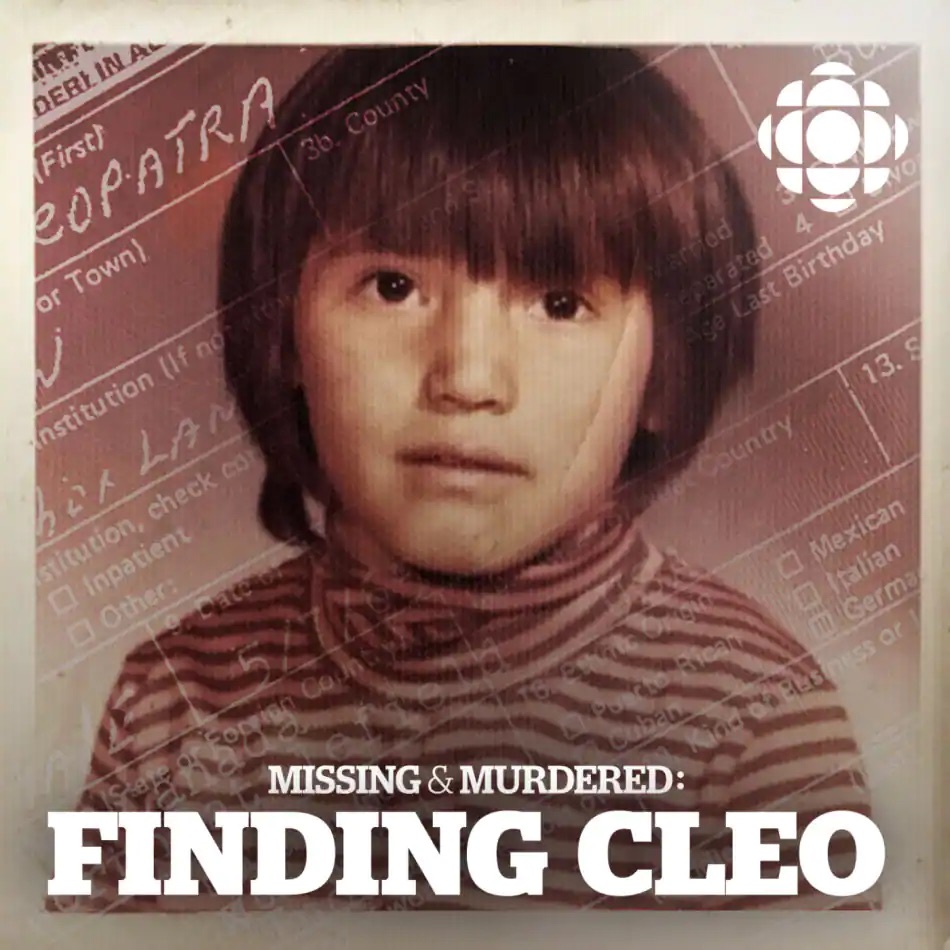
Now at US-based Gimlet Media, her more recent work uses the same approach of raising awareness via telling a compelling true crime story.
Writers and Company
Host Eleanor Wachtel has been hosting this CBC Radio show (now a podcast, too) for decades and has talked to many well-known and emerging writers worldwide.
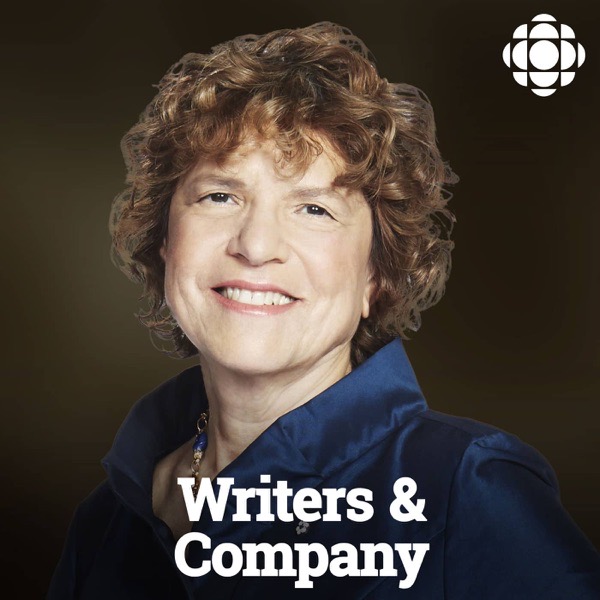
She combines great research and insight with a friendly approach that focuses on mining her guests’ personal histories as well as analysing the books they write.
The Ezra Klein Show
Journalist Ezra Klein, the co-founder of Vox, seems to have more time in a day than the rest of us–most of which he apparently uses to read books.
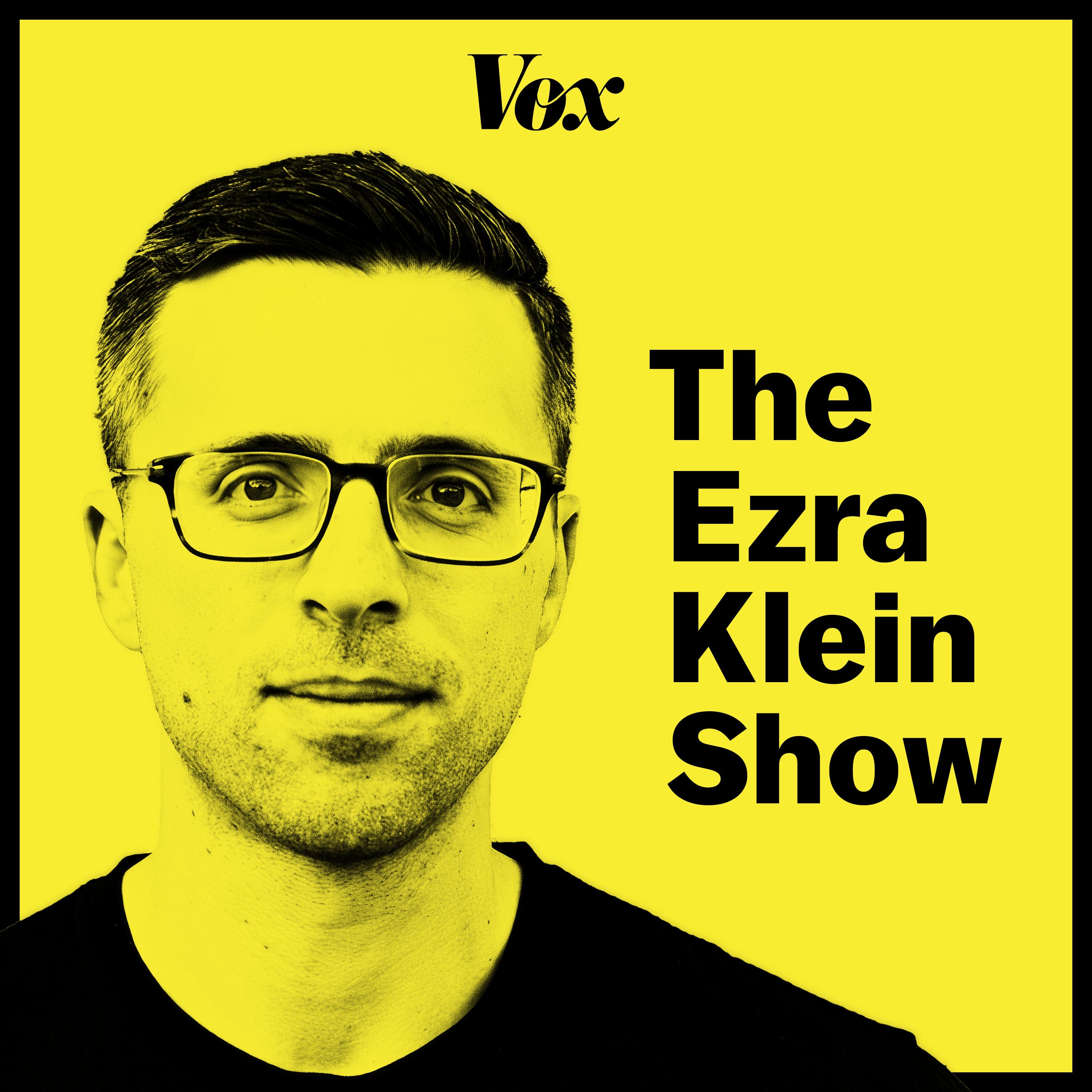
Now with the New York Times, Klein talks to equally smart people in one-hour-plus chats that explore a range of issues, from poetry to banking. His current focuses include China and AI.
In the Dark
The case of Curtis Flowers might interest you if you like investigative podcasts. This US public radio podcast produced by APM Reports devoted enormous time and resources to exploring the jailing for the murder of Mississippi man Curtis Flowers, uncovering shocking miscarriages of justice along the way.
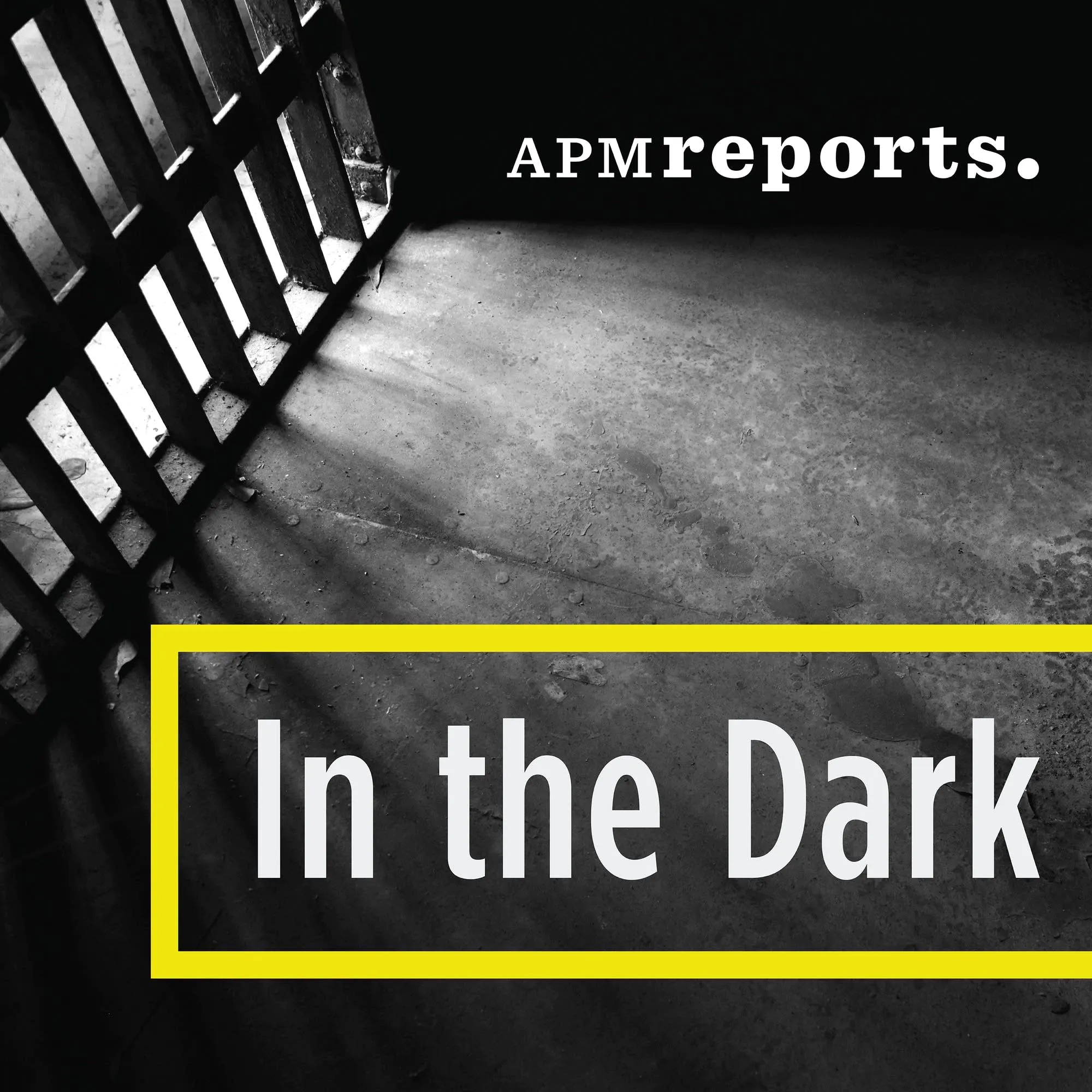
Other shows have perhaps invested as much into their work, but I single out In the Dark because few have had the impact this series ultimately did.
I’m Not A Monster
Both podcast seasons to date of this BBC show have investigated the stories of women who were associated with the ISIS ‘caliphate’ in Syria.
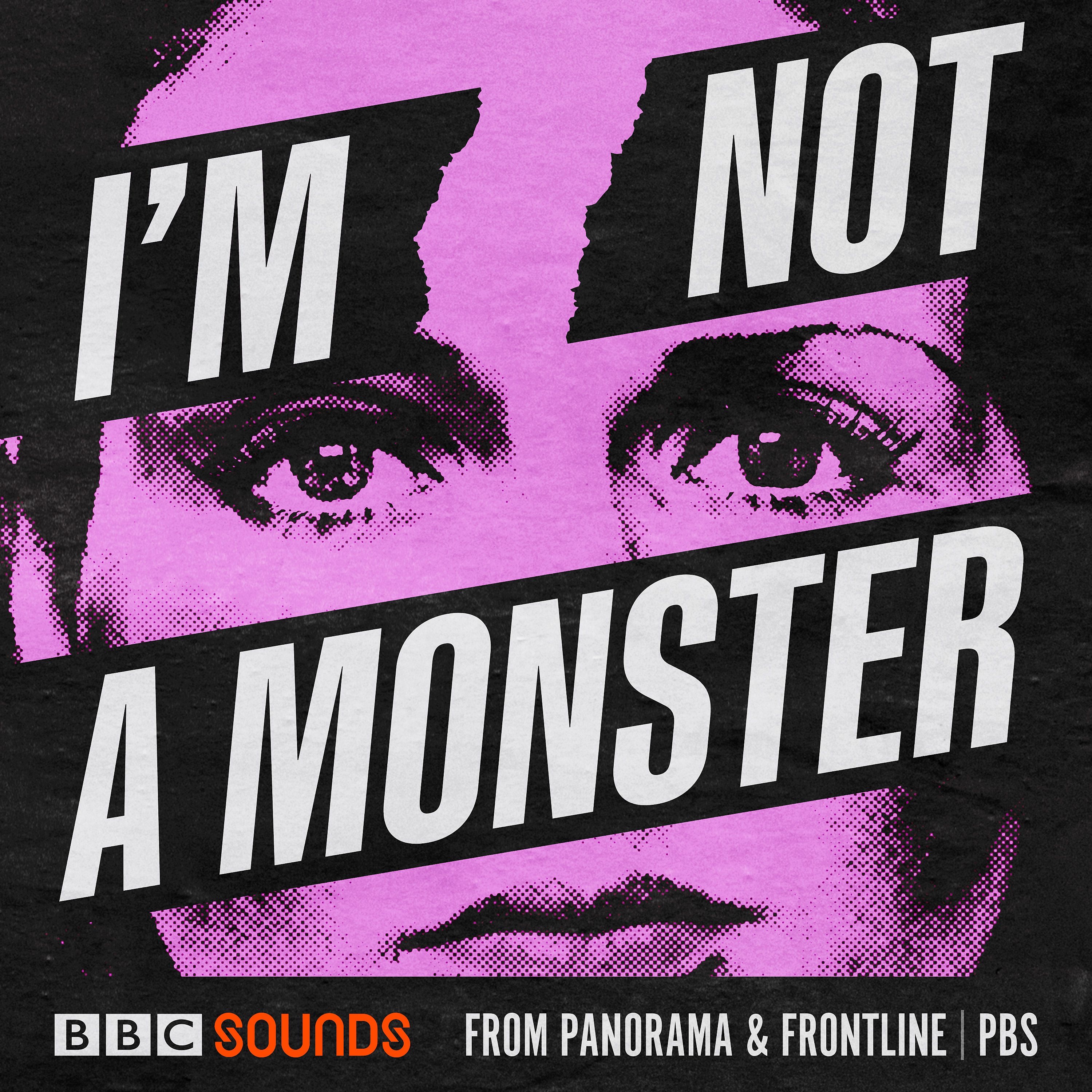
Host Josh Baker spends months on the ground in Syria, and the women’s home countries, tracing their steps and talking to family members and others to develop nuanced portraits of the women and probing why they acted the way they did.




 9.6°C Kathmandu
9.6°C Kathmandu
.jpg&w=200&height=120)













